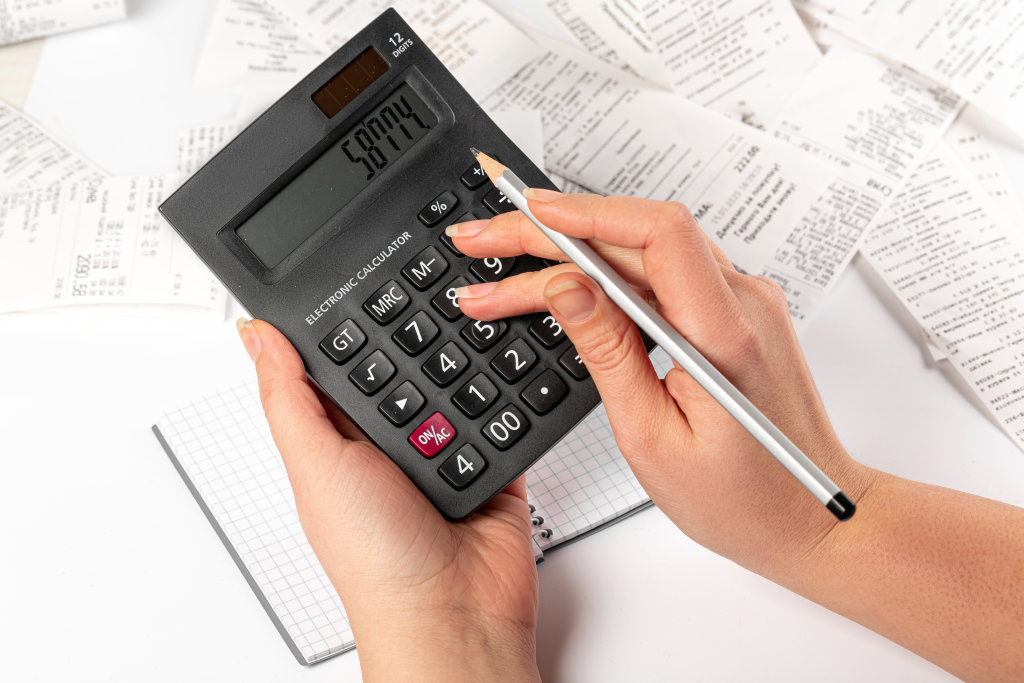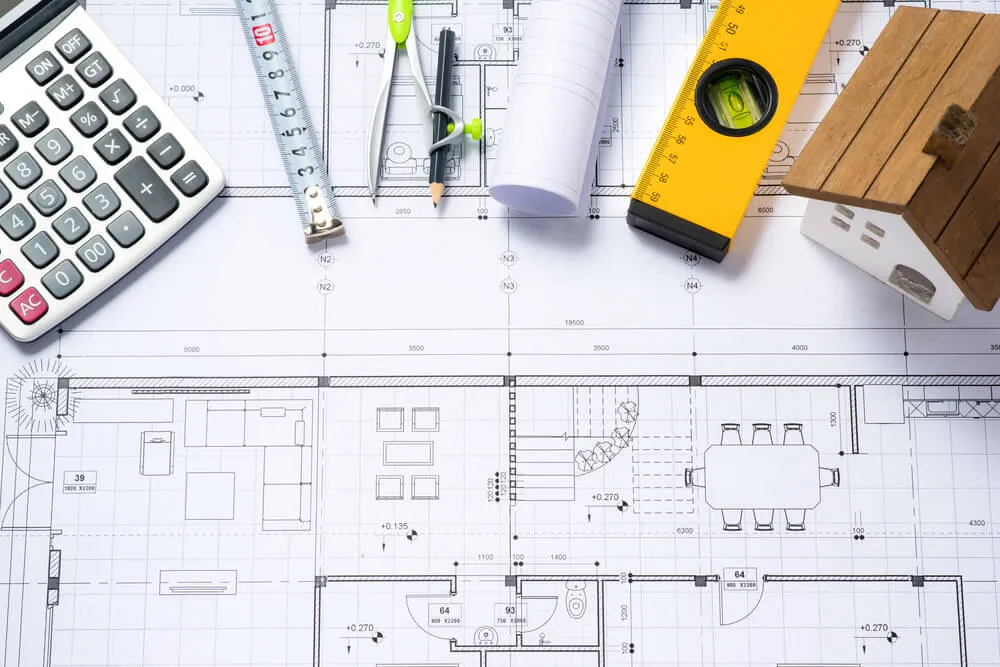Blockchain Technology in the Construction Industry

22nd July, 2021
Blockchain technology is a revolutionary tool used to record transactions and link them together to form a ‘chain’ that is known as a distributed ledger.
For many people, the term Blockchain means Cryptocurrency or Bitcoin, and that’s as far as their knowledge spans on the subject. What you may not know is that Blockchain is already at work in the construction industry, and will become integral to construction in a short number of years. Blockchain is the next disruptive technology to challenge the traditional construction industry.
Over the course of the past 12 months, the construction industry has started to see a small increase in the number of projects being managed with Blockchain technology. Much like the early applications of BIM, usage is few and far between. However, just like BIM has done, this disruptive technology will be the next to revolutionise construction projects and how they are managed forever.
What is Blockchain?
Blockchain is a series of ‘blocks’ of data that form a distributed ledger, which is also more commonly known as a collection of accounts. The principal of this ledger is to hold all the necessary contracts and transactions within one safe area.
Blockchain can be thought of like a literal chain, linear in nature, just like a construction supply chain. For example, if building materials were dropped off at site from the wholesaler, they will have fulfilled their contract. This means that the contract is then finalised, and it is added as a new block to the chain. This gives the project manager a natural order which is very easy to follow when looking for information.
There are 3 main principles of blockchain: it is secure, decentralised and scalable to any project.
- Blockchain is seen as being one of the safest current ways of keeping track of all information, due to the multi-layer encryption coded into each individual project.
- It is Decentralised through connections called nodes, which automatically checks transactions and helps to keep a digital paper trail of all records.
- The scalability of Blockchain is due to nothing being stored on a central server meaning that it can be adapted to manage any size of project
Blockchain Means a More Efficient Construction Industry
Blockchain completely streamlines project management within the construction industry. There are 7 immediate benefits to the construction industry that blockchain provides:
- Predictive asset management – One of the leading construction firms Aon, predicts that around 95% of information about a construction project is lost in the transition to the completed project’s first owner. Blockchains’ Building Information Management (BIM) Technology ensures that all information can be found and quantified.
- Smart contracts that stay on track – These smart contracts manage to stay one step ahead due to the traditional written agreements being fed into blockchain technology. With all data being decentralised this removes the need for duplicate documents. All documents can also be accessed by one simple search.
- Proactive third-party oversight – Traditionally there would be multiple subcontractors hired in a contract which would need oversight to ensure all legal and local regulations are met. For all projects that adopt blockchain technology, all third parties can be easily integrated into the oversight, meaning that a lot of time is saved by not having to process information requests.
- Accelerated payment processing – Processing payments via blockchain is free in most cases, and with no authorisation or processing fees results in faster payments and a lot less back and forth. These are also reinforced by smart contracts ensure that all payments are received according to milestones and project framework.
- Instant collaboration- As all eyes have access to these blockchain enabled projects, which clearly boosts transparency also adopts an environment for open collaborations, allowing everyone to voice their opinions on any improvements or suggestions. There is also no waiting around for meetings or phone calls to discuss any ideas as blockchain encourages around the clock input from all parties.
- Streamlined supply chains – By inviting suppliers into the decentralised blockchain network, they can keep track of all materials throughout the entire project, which also promotes more efficient use of materials. In a blockchain network digital keys function as unique ID’s which allows keys to be assigned to vendors and allows all their work to be tracked.
- Snagging – snags in the project or missing information can immediately be flagged to all parties on the blockchain, allowing immediate correction. Reducing the requirement for a lengthy snagging process or delays resulting from lack of information.
Blockchain Future Adoption
Blockchain’s potential for the construction sector is extremely high. Australia are the current leaders in the use of blockchain within the construction industry. According to Australia’s National Blockchain Roadmap Steering Committee, it is estimated that by 2025 the value of blockchain technology in the global construction market will be worth $200 Billion USD.




